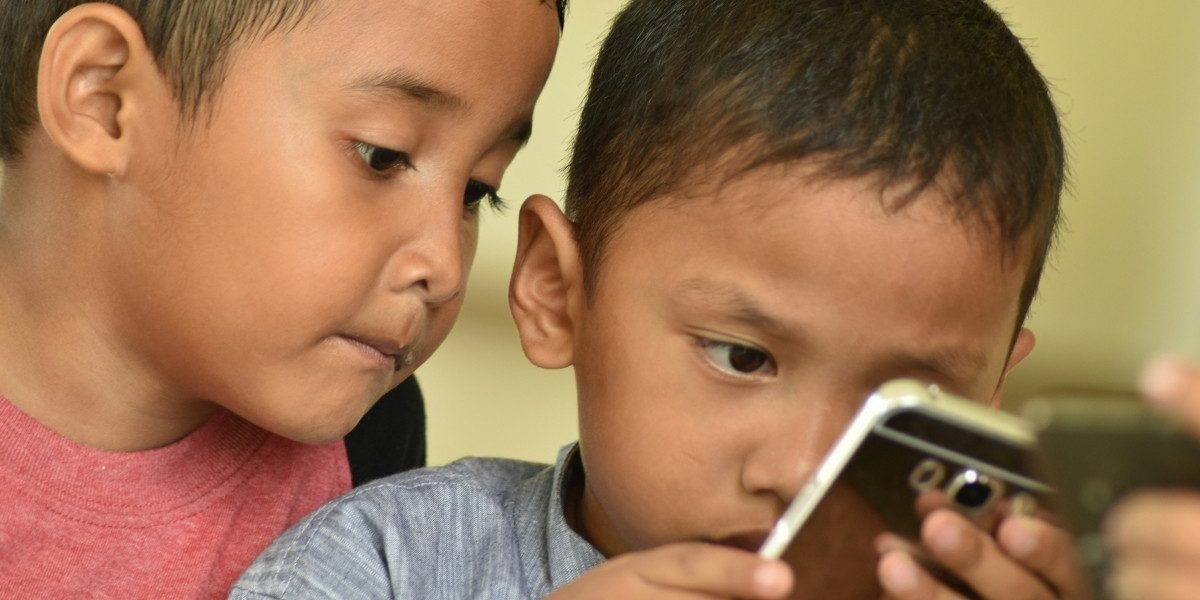What Are the Ethical Dilemmas of Children Using Social Media?
In today’s digital age, social media has become an integral part of daily life for many young people. From staying connected with friends to exploring interests, platforms like Instagram, TikTok, and YouTube offer children a space to engage with the world. However, children and social media bring about significant ethical dilemmas that society must carefully consider. What are the potential risks, and how can we balance the benefits with the harms?
Read Also: How to Overcome Challenges and Succeed as an Entrepreneur
How Does Social Media Impact Children’s Development?
The influence of social media on children’s development is profound. For many, social media becomes a tool for self-expression, learning, and interaction with peers. However, the content children are exposed to and their growing reliance on digital platforms raise concerns about their psychological and emotional well-being.
One of the primary ethical dilemmas revolves around the impact of social media on a child’s self-esteem and body image. Studies show that social media, with its emphasis on curated lifestyles and perfect appearances, can foster feelings of inadequacy among children. The pressure to conform to unrealistic beauty standards can contribute to anxiety, depression, and even eating disorders. In this context, the ethical question arises: Should social media platforms be held accountable for promoting such content to vulnerable audiences?
What Role Do Parents and Guardians Play in Social Media Use?
Parents and guardians have a crucial role in guiding their children’s interactions with social media. Yet, the ethical dilemma here lies in finding the right balance between supervision and autonomy. Many parents struggle to manage the line between protecting their children from potential harm online while respecting their privacy and independence.
In some cases, parents may feel the need to monitor their child’s online activity constantly, which raises concerns about the invasion of privacy. However, with children spending more time on social media, parents may wonder if they are neglecting their responsibility to protect their child from cyberbullying, online predators, and inappropriate content. Should parents be allowed to monitor their child’s social media accounts closely, or should children be given more freedom to explore the digital world?
How Do Social Media Platforms Address Ethical Concerns?
As children increasingly flock to platforms like TikTok, Instagram, and YouTube, the ethical responsibility of these companies comes into question. How much should social media platforms regulate content to protect young users? Platforms have taken steps to address some of these ethical concerns, including privacy protections, age verification, and tools that allow users to limit screen time. However, these efforts often fall short in ensuring children’s safety.
The issue of targeted advertising is another area of ethical concern. Children, particularly younger ones, are highly impressionable and may not fully understand the commercial nature of social media. Advertisements targeting children often blur the lines between entertainment and marketing, which raises questions about consent, manipulation, and the commercialization of youth. Social media companies face the challenge of balancing profit motives with their duty to protect younger audiences.
What Are the Risks of Cyberbullying and Online Predators?
The anonymity provided by the internet can often lead to harmful behaviors that children might not encounter in the physical world. One of the most significant ethical dilemmas surrounding children and social media is the prevalence of cyberbullying. With online platforms offering an easy means to harass or threaten others, many children fall victim to bullying that can have long-lasting emotional and psychological effects.
Additionally, the risks of online predators pose another significant concern. Children, particularly those who are more vulnerable, may be targeted by adults seeking to exploit them. The accessibility of social media platforms, combined with a lack of awareness about online safety, exacerbates these dangers. How much responsibility should social media companies take in protecting children from such risks, and what steps can be taken to make platforms safer for younger users?
Should Social Media Be Restricted for Children?
An ongoing debate surrounds whether social media platforms should be restricted for children under a certain age. Many argue that young children should not be allowed on social media at all, given the significant ethical issues involved. For instance, platforms like Facebook and Instagram require users to be at least 13 years old, but enforcement of this rule is often lax, with many children gaining access well before reaching the required age.
Proponents of age restrictions argue that children’s brains are still developing and are not equipped to fully comprehend the risks associated with social media. Others, however, believe that children should be allowed to use social media in a controlled environment, with appropriate safeguards in place. The challenge here lies in determining the most ethical way to limit social media usage while considering children’s rights to explore and communicate online.
How Can Society Address the Ethical Dilemmas of Social Media Use?
The ethical dilemmas posed by children and social media are multifaceted and require a collaborative effort to solve. First and foremost, there is a need for improved education on digital literacy. Children must be taught not only how to use social media but also how to navigate the risks associated with it. Schools, parents, and communities must work together to ensure that children understand the implications of their digital footprints and learn to protect their privacy and well-being online.
At the same time, policymakers and social media companies must collaborate to enforce stricter regulations. Governments have a role in setting guidelines for child protection, and social media platforms must be held accountable for ensuring the safety of young users. Companies should be transparent about how data is collected, how content is filtered, and how they plan to mitigate harmful behavior online.
Read Also: How Older Adults Can Maintain Health Through Fitness
What Is the Future of Children and Social Media?
Looking to the future, the ethical dilemmas surrounding children and social media will likely continue to evolve. As technology advances and new platforms emerge, society will need to adapt to the changing landscape of digital engagement. Parents, educators, and legislators will have to find new ways to balance the benefits of social media—such as fostering creativity and connection—against the potential risks, including exposure to harmful content, cyberbullying, and exploitation.
The ultimate challenge is to ensure that children can engage with social media in a way that promotes their well-being, while safeguarding their privacy and rights. The future of social media and children’s involvement with it depends on a comprehensive, multi-faceted approach that addresses these ethical concerns head-on.







